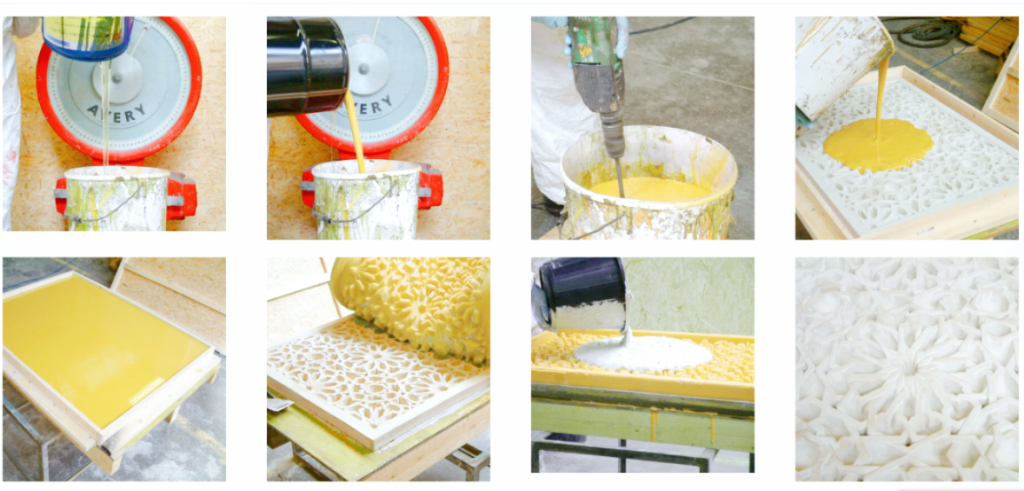Both silicone and polyurethane are versatile materials with a wide range of applications. From sealants to coatings, these materials have proven their worth in various industries. However, choosing between them can be challenging, as each offers unique benefits. This article aims to provide a comprehensive comparison to help you make an informed decision.
1. Composition and Properties
Silicone: It is a synthetic material made from silicon, oxygen, carbon, and hydrogen. Silicone is known for its flexibility, resistance to temperature extremes, and water-repellent properties.
Polyurethane: Derived from the reaction between polyols and diisocyanates, polyurethane is a polymer that can be flexible or rigid based on its formulation. It offers excellent abrasion resistance and can bond to various materials.
2. Applications
Silicone: Commonly used as sealants in construction, kitchenware, medical devices, and cosmetic procedures. Its high-temperature resistance makes it ideal for bakeware and kitchen utensils.
Polyurethane: Widely used in foam insulation, footwear, automotive parts, and coatings. Its durability makes it suitable for high-wear applications.
3. Durability and Longevity
Silicone: It is UV resistant and can withstand temperature fluctuations without degrading. However, it might not be as resistant to physical abrasion as polyurethane.
Polyurethane: Known for its durability, polyurethane can resist wear and tear, making it last longer in high-traffic areas.

4. Flexibility and Elasticity
Silicone: Highly flexible and can retain its shape even after being stretched or compressed.
Polyurethane: While it can be flexible, its elasticity depends on its formulation. Some polyurethanes can be rigid and hard.
5. Environmental Impact
Silicone: It is chemically stable and doesn’t degrade into harmful substances. However, it’s not biodegradable and can persist in the environment.
Polyurethane: While some forms of polyurethane can be biodegradable, others can release toxic chemicals upon decomposition.
6. Cost
Silicone: Generally, silicone products tend to be more expensive due to their specialized properties.
Polyurethane: The cost can vary based on the type and application, but it’s often more affordable than silicone for similar applications.
Conclusion
Both silicone and polyurethane have their strengths and weaknesses. The choice between them should be based on the specific requirements of your project. Consider factors like temperature resistance, flexibility, durability, and cost when making your decision.


